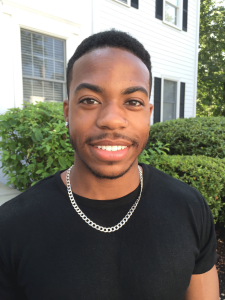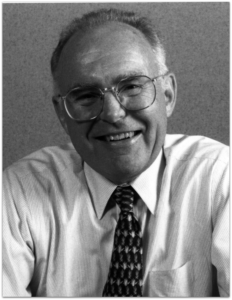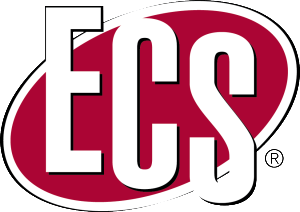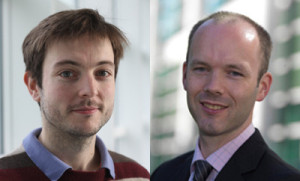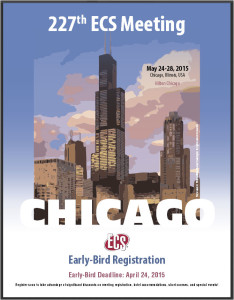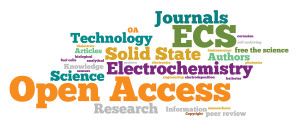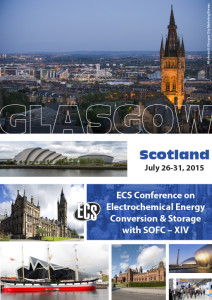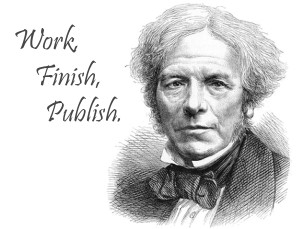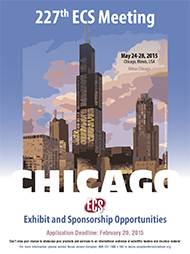People may have their own assumptions of what an intern in today’s society should be doing. What kind of work should they be required to do? How many hours? Should they be getting paid? Decaf or two sugars with your coffee?
My name is Jawann McBeth, Communication & Media Arts major and rising senior at Montclair State University. I’ve lived in Mercer County, New Jersey my entire life and all those years I never knew The Electrochemical Society was just a few miles up the road. Being the newest member of ECS as a Development and Membership Intern, the last few weeks have been a transformative experience like none I have had in the past. I mean that both literally and figuratively.
I am actually transforming membership information from hard copy, sometimes ancient documents that date back to 1902, into a digital database that will allow files to be maintained permanently without the fear of missing or damaged documents. This project encompasses the scanning and organization of all of their membership information, such as application forms, resumes, change of address notifications and any other miscellaneous paperwork relevant to each member.
As I work on one of the biggest projects of my internship, I wonder to myself how could such a substantial organization with members such as Thomas Edison and H. H. Dow have been so far under my radar? Yet, what is most surprising about the organization is not how little people may know about the Society, but how much the work of the members is an integral part of most people’s daily lives.


